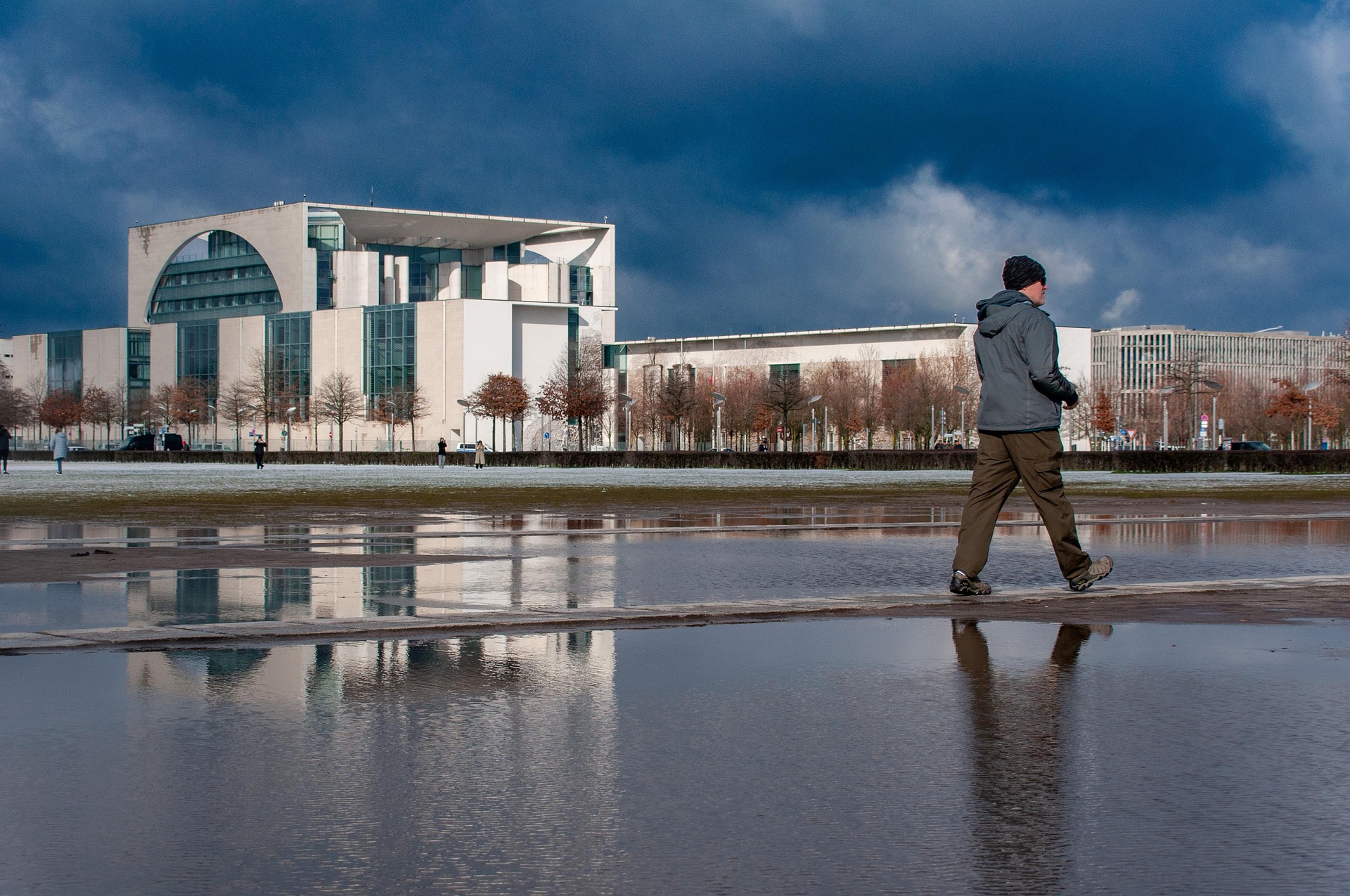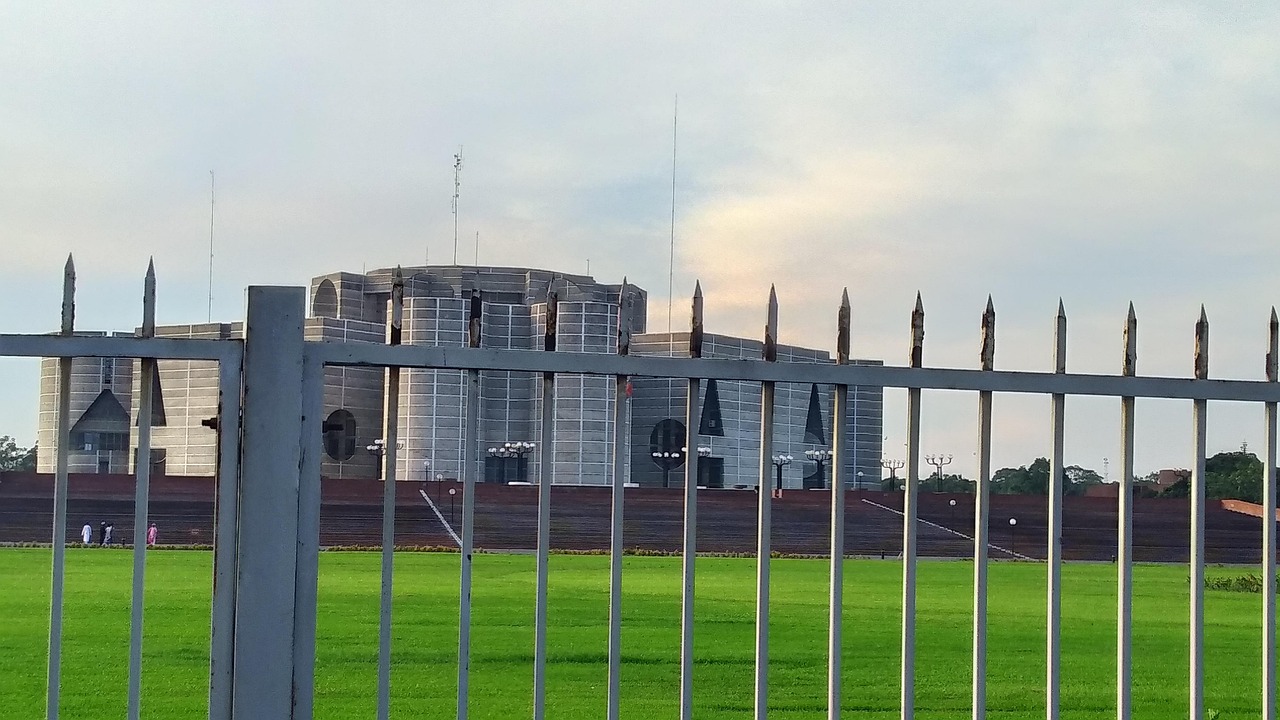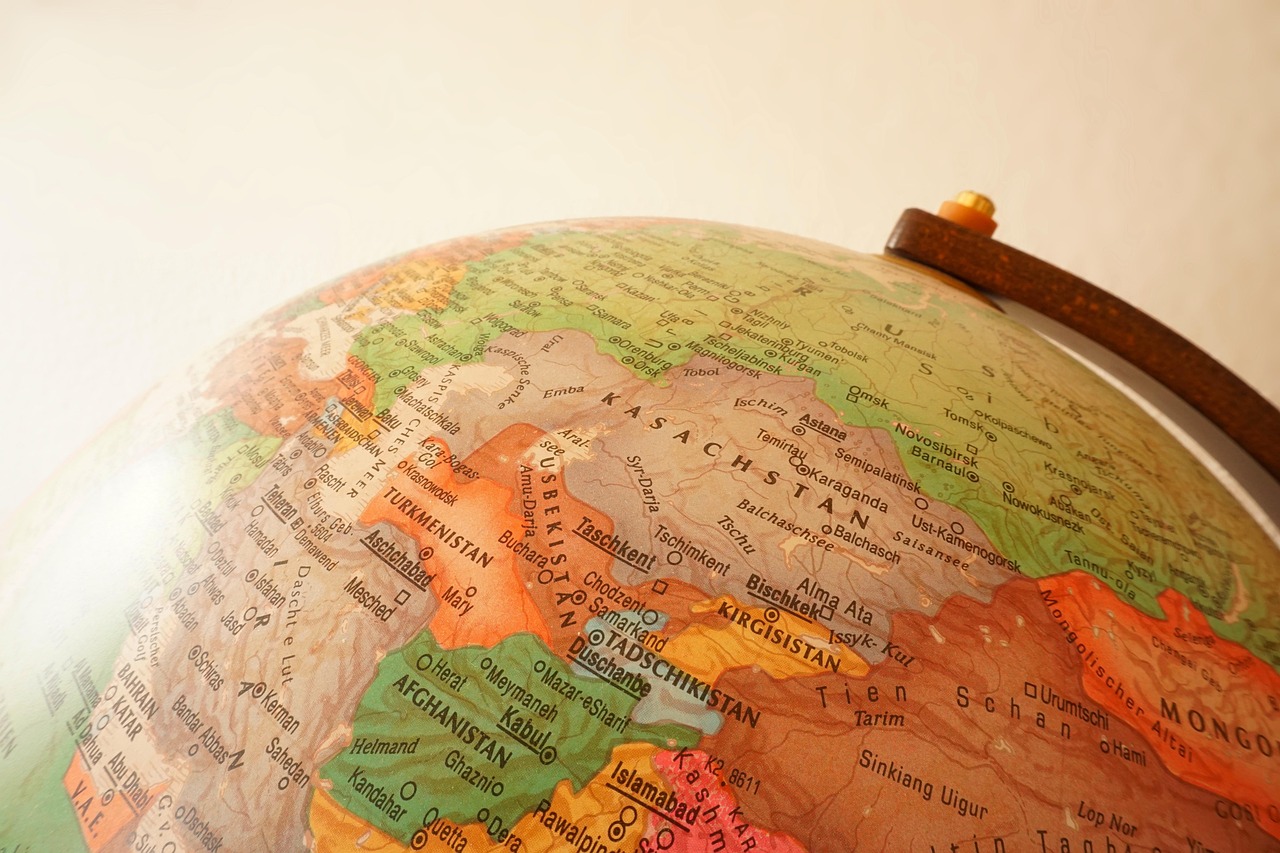The relationship between science and religion has long been a topic of fascination and debate. In 2025, as humanity grapples with rapid technological advancements and global challenges, the dialogue between these two domains is more relevant than ever. While some see science and religion as opposing forces, others view them as complementary ways of understanding the world. This article explores the evolving dynamics of science and religion in 2025, highlighting areas of conflict, collaboration, and convergence, with a focus on fostering mutual understanding.
Historical Context: A Complex Relationship
The tension between science and religion has roots in history, from Galileo’s clash with the Catholic Church to the 19th-century debates overDarwin’s theory of evolution. These conflicts often arose when scientific discoveries challenged religious doctrines. However, history also shows moments of harmony, such as the contributions of Muslim scholars like Ibn al-Haytham, whose work in optics laid the groundwork for modern science while being deeply rooted in Islamic faith.
In Bangladesh, a country with a rich tapestry of Islam, Hinduism, Buddhism, and Christianity, religious traditions have coexisted with scientific inquiry. Medieval Bengali scholars, for instance, made advancements in mathematics and astronomy while drawing inspiration from spiritual teachings. In 2025, this historical interplay informs the ongoing dialogue, as communities navigate modern scientific developments alongside deeply held beliefs.
Science in 2025: A Leap Forward
Science in 2025 is marked by unprecedented progress. Breakthroughs in artificial intelligence, gene editing, and space exploration are reshaping our understanding of the universe and humanity’s place in it. For example, CRISPR technology is revolutionizing medicine by enabling precise genetic modifications, while companies like SpaceX are planning manned missions to Mars. In Bangladesh, institutions like the Bangladesh University of Engineering and Technology (BUET) are advancing research in renewable energy and AI, contributing to global scientific innovation.
These advancements raise profound questions about ethics, purpose, and the nature of life—questions that often intersect with religious perspectives. Science provides empirical answers based on evidence and experimentation, but it doesn’t address existential concerns like meaning or morality, leaving room for religious thought to complement the conversation.
Religion in 2025: A Source of Meaning
Religion continues to play a vital role in shaping values and communities worldwide. In 2025, religious institutions are adapting to modern challenges, addressing issues like climate change, social justice, and technological ethics. In Bangladesh, where Islam is the majority religion, mosques and community organizations are promoting environmental stewardship, drawing on Quranic teachings about humanity’s role as caretakers of the Earth. Similarly, Hindu and Buddhist communities emphasize compassion and mindfulness, resonating with global wellness trends.
Religious leaders are also engaging with science to address contemporary issues. For instance, interfaith dialogues in Bangladesh and beyond are exploring how spiritual values can guide ethical AI development or climate action. Religion offers a framework for grappling with questions science alone cannot answer, such as the purpose of existence or the nature of consciousness.
Points of Tension: Where Science and Religion Clash
Despite areas of harmony, tensions persist. One key flashpoint in 2025 is the ethical debate over emerging technologies. Gene editing, for example, raises concerns among religious communities about “playing God” or altering the natural order. In Bangladesh, where religious values shape public discourse, debates over bioethics are particularly pronounced, with scholars and clerics weighing in on issues like genetic modification and cloning.
Another point of contention is the interpretation of origins. While many religious groups accept scientific explanations like the Big Bang or evolution, others adhere to literal interpretations of sacred texts, leading to disagreements. In 2025, these debates are amplified by social media, where polarized narratives often overshadow nuanced discussions. However, educational initiatives in Bangladesh, such as science-religion forums at universities, are working to bridge this gap by fostering respectful dialogue.
Areas of Convergence: Finding Common Ground
In 2025, science and religion are finding common ground in addressing global challenges. Climate change, for instance, unites both domains. Scientists provide data on rising temperatures and melting ice caps, while religious leaders mobilize communities to act, drawing on spiritual teachings about stewardship. In Bangladesh, interfaith groups are collaborating with environmental scientists to promote sustainable practices, such as mangrove restoration in the Sundarbans.
Another area of convergence is mental health. Neuroscience is uncovering the benefits of practices like meditation and prayer, which have long been central to religious traditions. In Bangladesh, Buddhist mindfulness practices and Islamic Sufi meditation are being studied for their therapeutic effects, blending ancient wisdom with modern science.
The search for extraterrestrial life also sparks collaboration. As space exploration advances, religious thinkers are reflecting on what the discovery of alien life might mean for theological concepts. In 2025, interfaith conferences are exploring these questions, with scientists and theologians engaging in open-minded discussions about humanity’s place in the cosmos.
The Role of Education and Dialogue
Education is key to bridging the science-religion divide. In 2025, universities and organizations worldwide are offering courses and forums that explore the intersection of these fields. In Bangladesh, institutions like Dhaka University are hosting interdisciplinary panels where scientists, theologians, and philosophers discuss topics like AI ethics and environmental sustainability. These initiatives aim to dispel myths and promote mutual respect.
Public engagement is also critical. Media outlets, including news portals like yours, play a vital role in presenting balanced perspectives. By highlighting stories of collaboration—such as scientists and religious leaders working together on climate initiatives—portals can foster understanding and reduce polarization.
Challenges in 2025: Navigating a Polarized World
Despite progress, challenges remain. Misinformation on platforms like X can amplify divisive narratives, portraying science and religion as inherently opposed. In Bangladesh, where religious sentiment is strong, misinformation about scientific advancements can lead to resistance, particularly in rural areas. Addressing this requires clear communication from both scientists and religious leaders.
Another challenge is accessibility. Scientific knowledge and higher education are often less accessible in developing nations, creating a perception that science is elitist. Religious institutions, which are deeply embedded in communities, can help bridge this gap by promoting science literacy while respecting spiritual beliefs.
The Future: A Collaborative Path Forward
Looking ahead, the science-religion dialogue in 2025 is poised for growth. Emerging technologies, like AI and synthetic biology, will continue to raise ethical questions that require input from both domains. In Bangladesh, where the tech sector is expanding, religious scholars are increasingly involved in shaping ethical guidelines for innovation.
Global challenges, such as pandemics and climate change, also demand collaboration. Scientists can provide solutions, while religious communities can inspire collective action. By embracing shared values—like compassion, curiosity, and stewardship—science and religion can work together to create a more equitable, sustainable future.
Conclusion
The science vs. religion debate in 2025 is not a zero-sum game. While tensions exist, the potential for collaboration is immense. From addressing climate change to exploring the ethics of new technologies, science and religion offer complementary perspectives that enrich our understanding of the world. In Bangladesh and beyond, fostering dialogue through education, media, and community engagement can bridge the divide, creating a future where both domains coexist harmoniously. As we navigate the complexities of 2025, let’s embrace the opportunity to learn from both science and faith, building a world that honors truth, meaning, and purpose.











